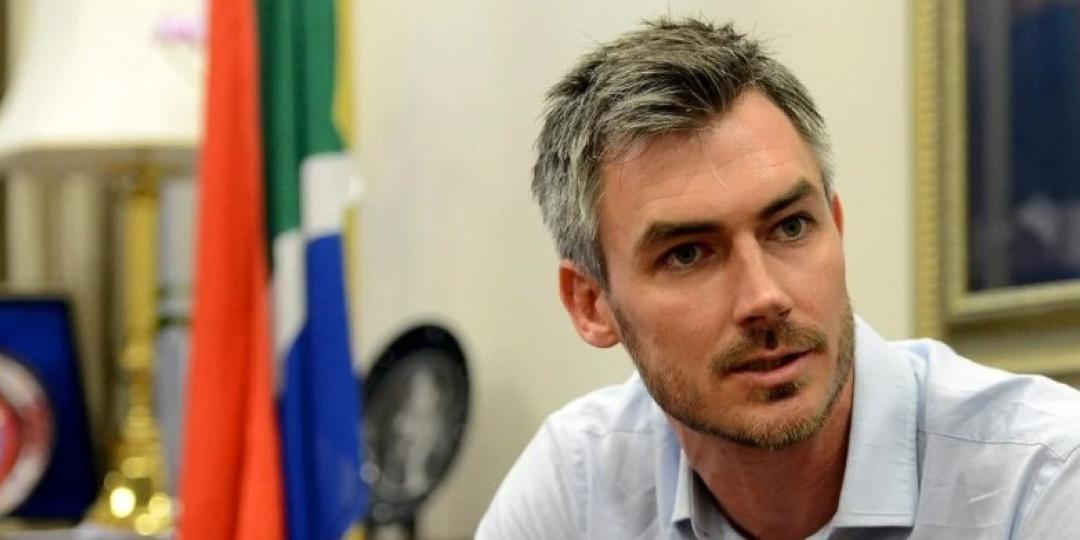Destination marketing for South Africa is expected to get back on track as South African Tourism turns over a new leaf, but broader challenges in the African tourism market are having an impact both at home and across the continent.
Speaking during the WiT Africa conference held in Cape Town recently, Tim Harris, former Interim Chair of South African Tourism, said the organisation had been “pretty broken” in the wake of the Tottenham Hotspur scandal. The appointment of Nombulelo Guliwe as CEO along with a new board in February were significant steps in getting the organisation back on track.
“Watch this space, with the new board and with her (Guliwe), we’re going to see that R1.3 billion (€63.6m) South African Tourism budget spent, and powering the destination to achieve success,” said Harris.
He said while Cape Town had seen recovery to 108% of pre-pandemic levels, Johannesburg had only seen 82% recovery, and Durban 61%.
‘We have not recovered’
The number-one task for South African Tourism was now increasing awareness through great brand work, said Harris. He added that South Africans could expect to see world-class work from the organisation under its new leadership, that tapped into the extraordinary capability in South Africa.
“South African Tourism has deep research capabilities, which means we really understand what is going on in markets.”
The three key motivators for people to travel to South Africa are culture, natural scenery, and value for money. However, these were offset by the three key demotivators, which Harris said were “safety, the political climate, which is another reference to safety, and welcoming”.
He said the country being welcoming used to be one of its strongest motivators, but it was becoming “a drag” because travellers from the rest of Africa did not feel welcome.
Air access
Contributing to this was the visa regime and air access in Africa, which were raised as significant barriers to tourism on the continent throughout the conference.
“Africa desperately needs open skies. Every airline, regardless of which country you’re domiciled in, should have the right to fly into any other country,” said Ross Veitch, CEO and founder of Wego.
John Friel, Country Manager of Travelstart, said while Africa had 18% of the global population, it accounted for just 2% of air travel. Part of the reason for this was cost.
“Europe has a handful of low-cost carriers, with 1 000 aircraft in those fleets. In Africa, we have fewer than 75 aircraft in low-cost fleets across the continent – 34 of them are with FlySafair in South Africa. That’s quite frankly ridiculous.”
Liezl Gericke, Head of International (Africa, Middle East & Asia Pacific) at Virgin Atlantic, said: “It’s hard to operate on a continent with loads of opportunity but also lots of challenges.”
She said airlines in Africa were still lagging massively in terms of load factors and the cost of aviation was significantly higher.
“Jet fuel in Africa is more expensive than anywhere else in the world and profitability margins are significantly less,” she said.
On top of this, 75% of US$1.9 billion in trapped airline cash is in Africa, with the majority of it in Nigeria.
Visa access
“Not only is cost an issue, connectivity is dreadful and visas are another illness,” said Friel.
Underlining this, one of the speakers, Alberto Fernando, CEO of African online travel agency Travel Wings, was unable to attend the conference because of visa issues.
Bayo Adedeji, CEO of Wakanow, Nigeria’s largest online travel platform, said while he could freely visit South Africa because he was able to travel on another passport, his team weren’t able to accompany him on trips because they couldn’t get visas.
“Every serious government that wants to open up for tourism should make visas easier or free.”
He said when Dubai stopped issuing visas to Nigerian nationals in 2023, it impacted about 40% of his business.
“The UK is now 40% of our business. Why? Because they gave visas. They’re not cheap, but they’re open,” he said.






















